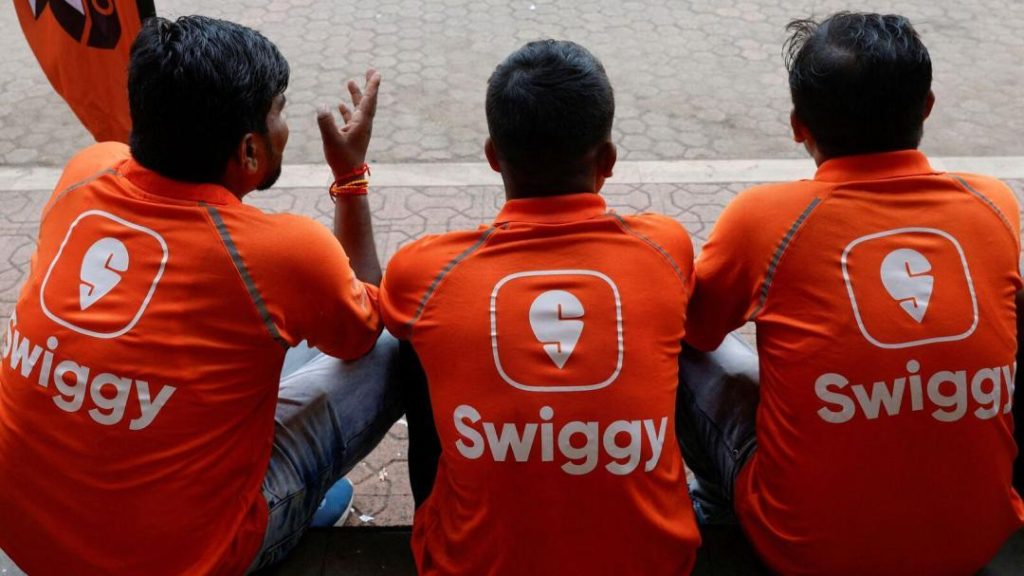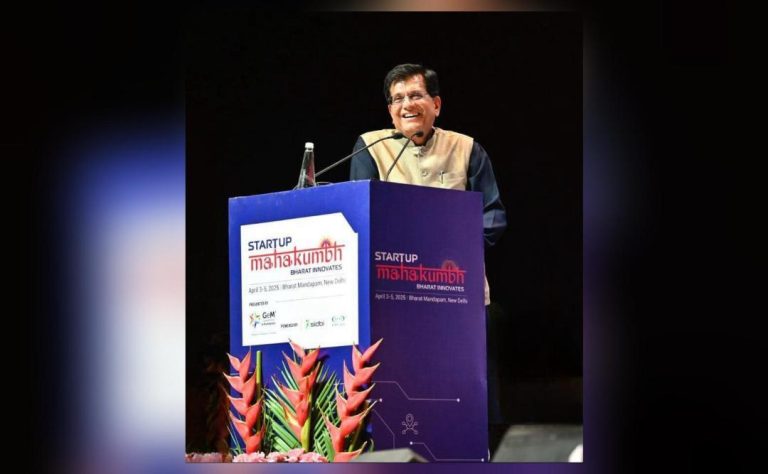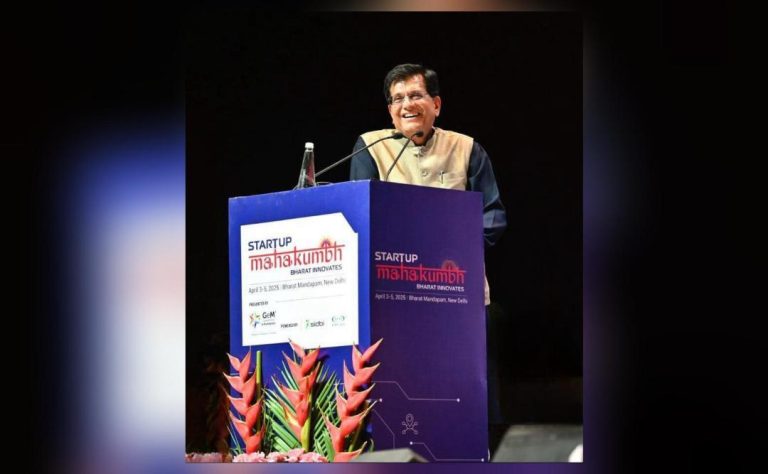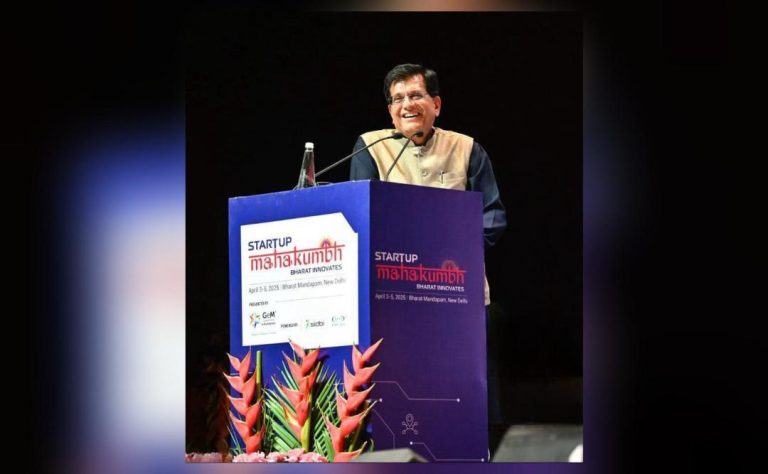
Swiggy Faces ₹158 Crore Tax Demand Over Cancellation Fees
In a recent development, Swiggy, the popular food delivery platform, has been slapped with a massive ₹158 crore tax demand by the Income Tax Department for the financial year 2021-22. The demand arises from alleged violations related to cancellation charges paid to merchants. According to sources, the Bengaluru-based company plans to appeal against the demand, claiming that it stems from a misunderstanding of tax provisions.
The tax demand is a significant blow to Swiggy, which has been rapidly expanding its operations across the country. The company’s attempt to challenge the demand highlights the complexities and ambiguities in the tax laws governing the digital economy. In this blog post, we will delve into the details of the tax demand, explore the possible reasons behind it, and examine the implications of this case on the industry.
Background and Context
Swiggy, founded in 2014, has transformed the way people order food online. The company has established a vast network of restaurants, merchants, and customers, with over 1.5 million orders being processed daily. As the company expands, it faces various challenges, including regulatory hurdles and tax liabilities.
In the food delivery business, cancellation fees are a common practice. When a customer cancels an order, the merchant may charge a fee to cover the costs incurred. Swiggy, as an intermediary, may also impose its own cancellation fees. In the case of Swiggy, the company may charge a cancellation fee to the merchant, which is then passed on to the customer.
Tax Demand and Allegations
The Income Tax Department has alleged that Swiggy has been violating tax provisions by not accounting for the cancellation fees properly. According to sources, the tax department has claimed that Swiggy has not been deducting TDS (Tax Deducted at Source) on the cancellation fees paid to merchants. This alleged non-compliance has resulted in a tax demand of ₹158 crore.
Swiggy, in its response, has claimed that the tax demand is due to a misunderstanding of tax provisions. The company has reportedly argued that the cancellation fees are not taxable as they are a pass-through cost to the merchants, and not income earned by Swiggy.
Implications and Analysis
The tax demand against Swiggy has significant implications for the digital economy. Cancellation fees are a common practice in the food delivery industry, and the tax department’s stance may set a precedent for how such fees are taxed. If Swiggy is found to be in violation of tax laws, it may lead to a re-evaluation of the tax treatment of cancellation fees across the industry.
The case also highlights the need for clarity on tax provisions governing digital businesses. As more companies operate in the digital sphere, there is a growing need for tax authorities to provide clear guidelines on tax liabilities and compliance requirements.
Expert Insights
Experts in the field of taxation have expressed concerns about the complexity of tax laws and the need for clarity. “The tax demand against Swiggy is a wake-up call for the digital economy,” said Aparna Mehra, a tax expert. “The case highlights the need for clear guidelines on tax provisions and the importance of compliance. If Swiggy is found to be in violation, it may set a precedent for how cancellation fees are taxed in the future.”
Conclusion
The tax demand against Swiggy is a significant development in the digital economy. While the company plans to appeal against the demand, the case highlights the complexities and ambiguities in the tax laws governing the digital economy. The outcome of the case may set a precedent for how cancellation fees are taxed in the future, and it is essential for tax authorities to provide clear guidelines on tax provisions to ensure compliance and clarity.
Source:
https://ascendants.in/industry_events/swiggy-rs-158-crore-tax-demand/





